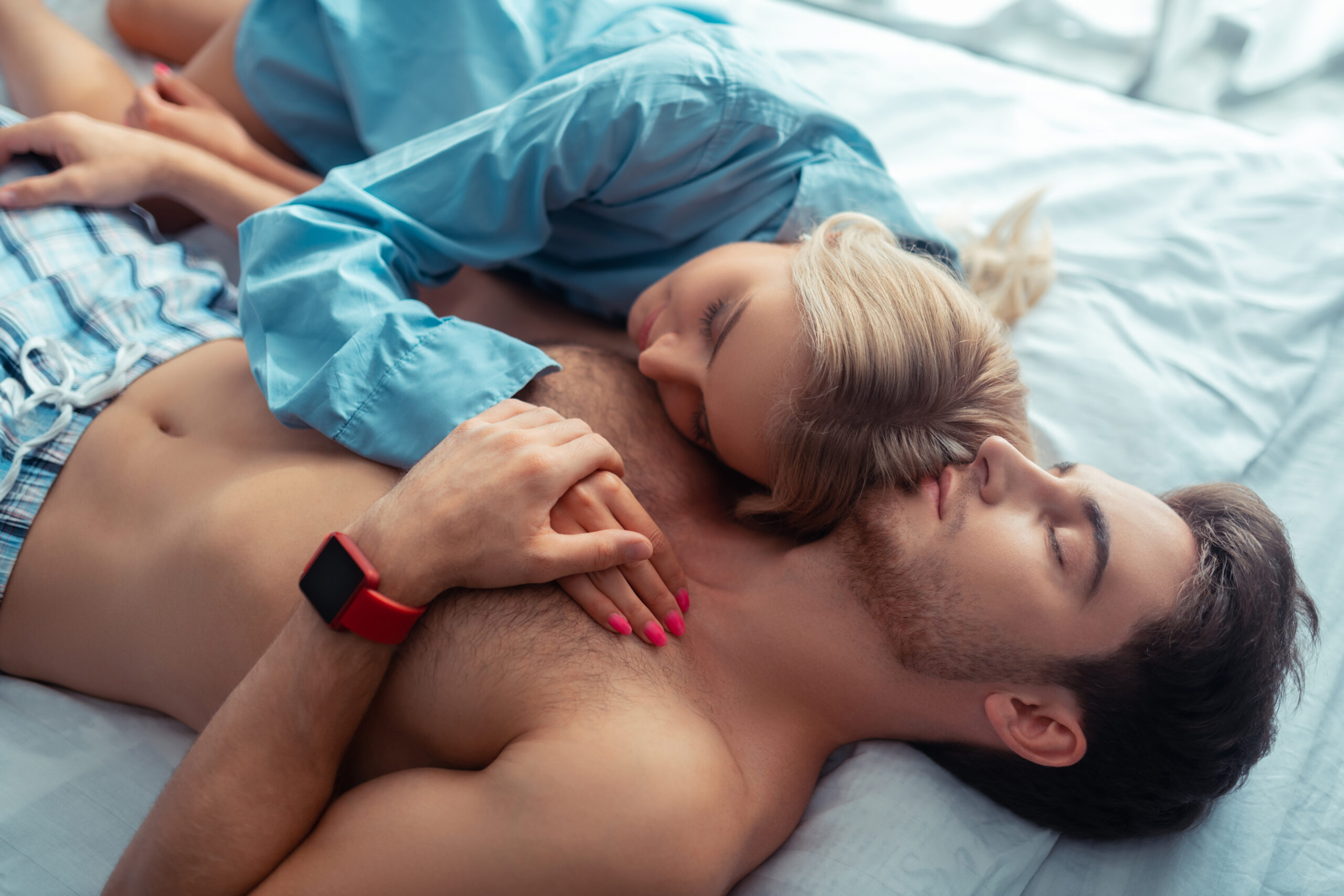
To Share or Not to Share: The Bed Dilemma in Relationships
Sharing a bed with your partner is often seen as a sign of intimacy and closeness. However, it’s not always a smooth journey. From divergent

Sharing a bed with your partner is often seen as a sign of intimacy and closeness. However, it’s not always a smooth journey. From divergent
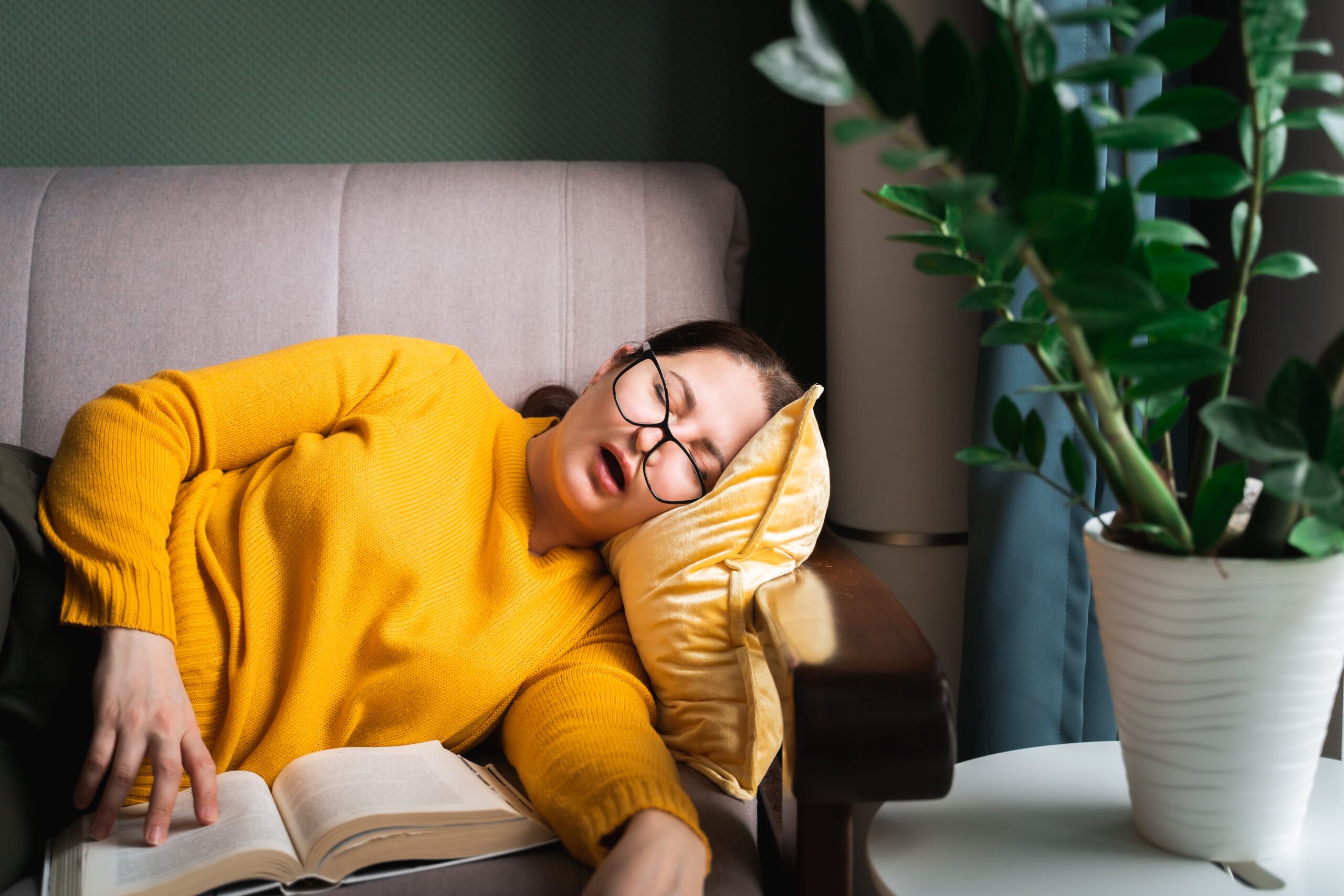
As we transition into cooler weather and shorter days, fall brings a kaleidoscope of vibrant hues, pumpkin-spiced treats, and the return of cozy sweaters. However,
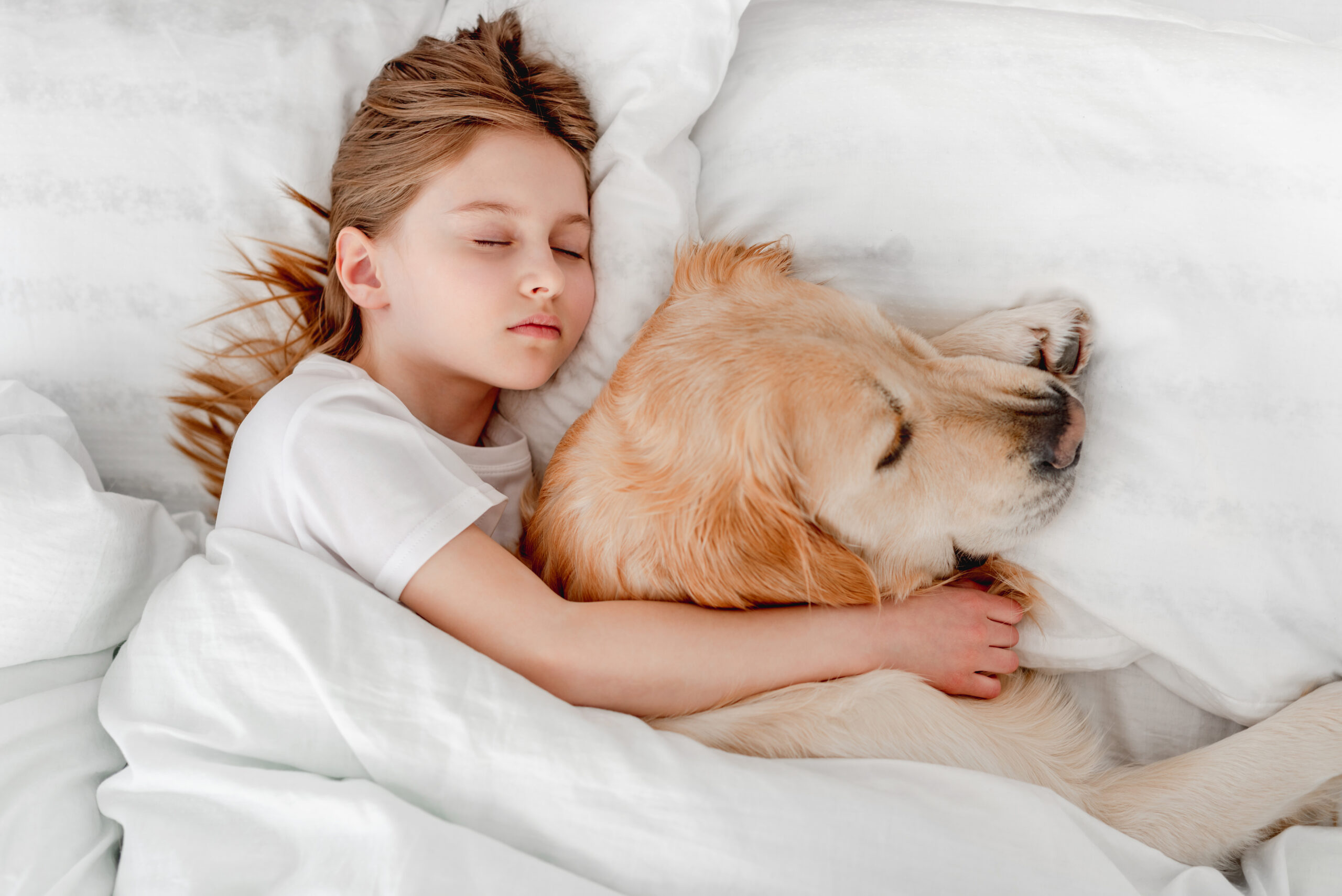
Sleeping with our pets is it the ultimate comfort or could it be a disturbing habit? Many of us cherish those cozy nights when our
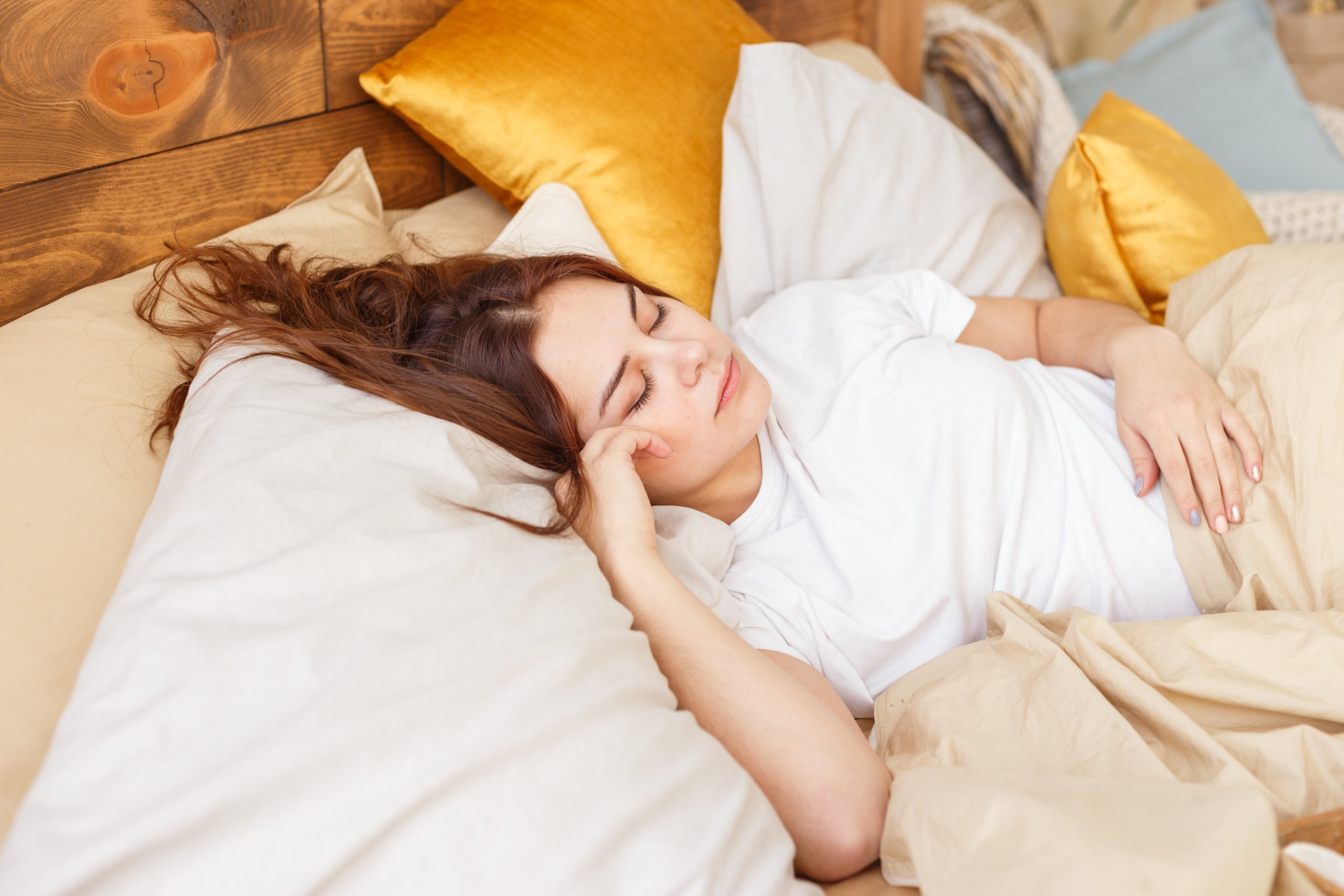
As the seasons change, it’s important to make sure we’re getting enough restful sleep. During seasonal transitions, our bodies need time to adjust to changes
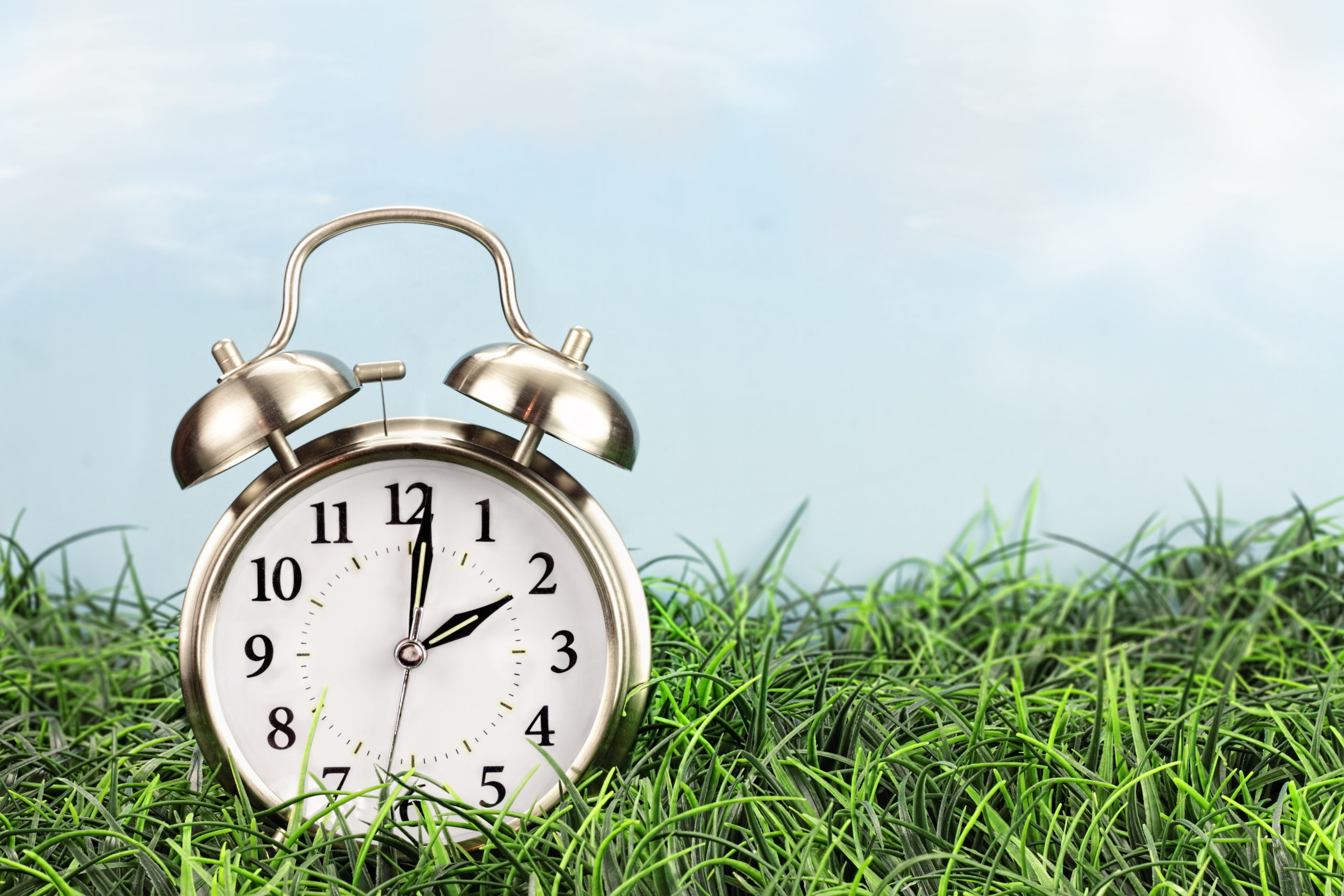
Daylight Savings Time can be a great opportunity to make the most of our daylight hours, but it can also have an unexpected impact on

Are you having trouble falling asleep? You’re not alone. It’s estimated that nearly one-third of Americans don’t get enough sleep, and many turn to sleeping
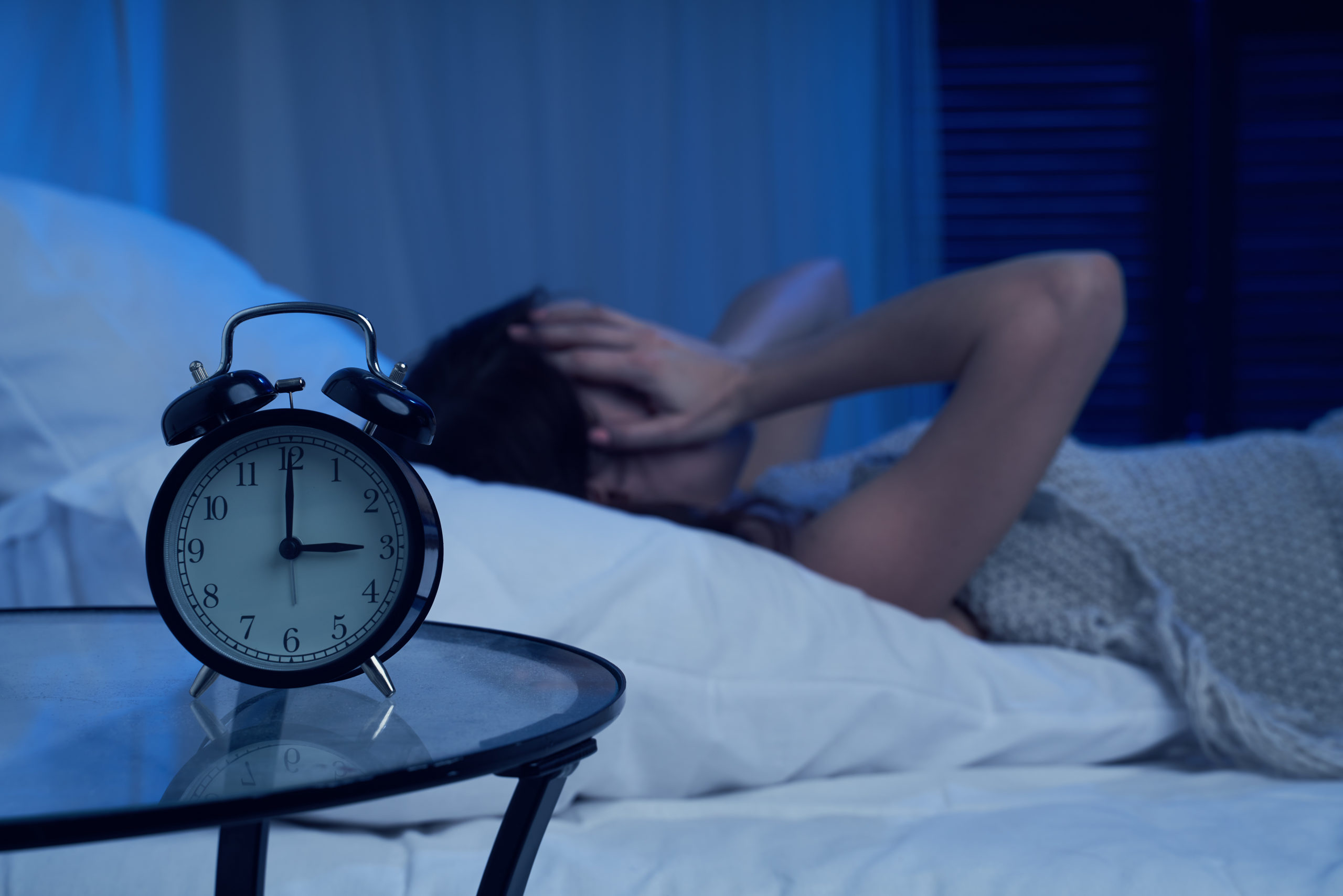
Sleep is an essential part of our overall health and wellbeing, yet many of us still don’t get enough quality sleep. In fact, studies have

We all know that getting a good night’s sleep is essential for our overall health and wellbeing. But when you add a pet into the
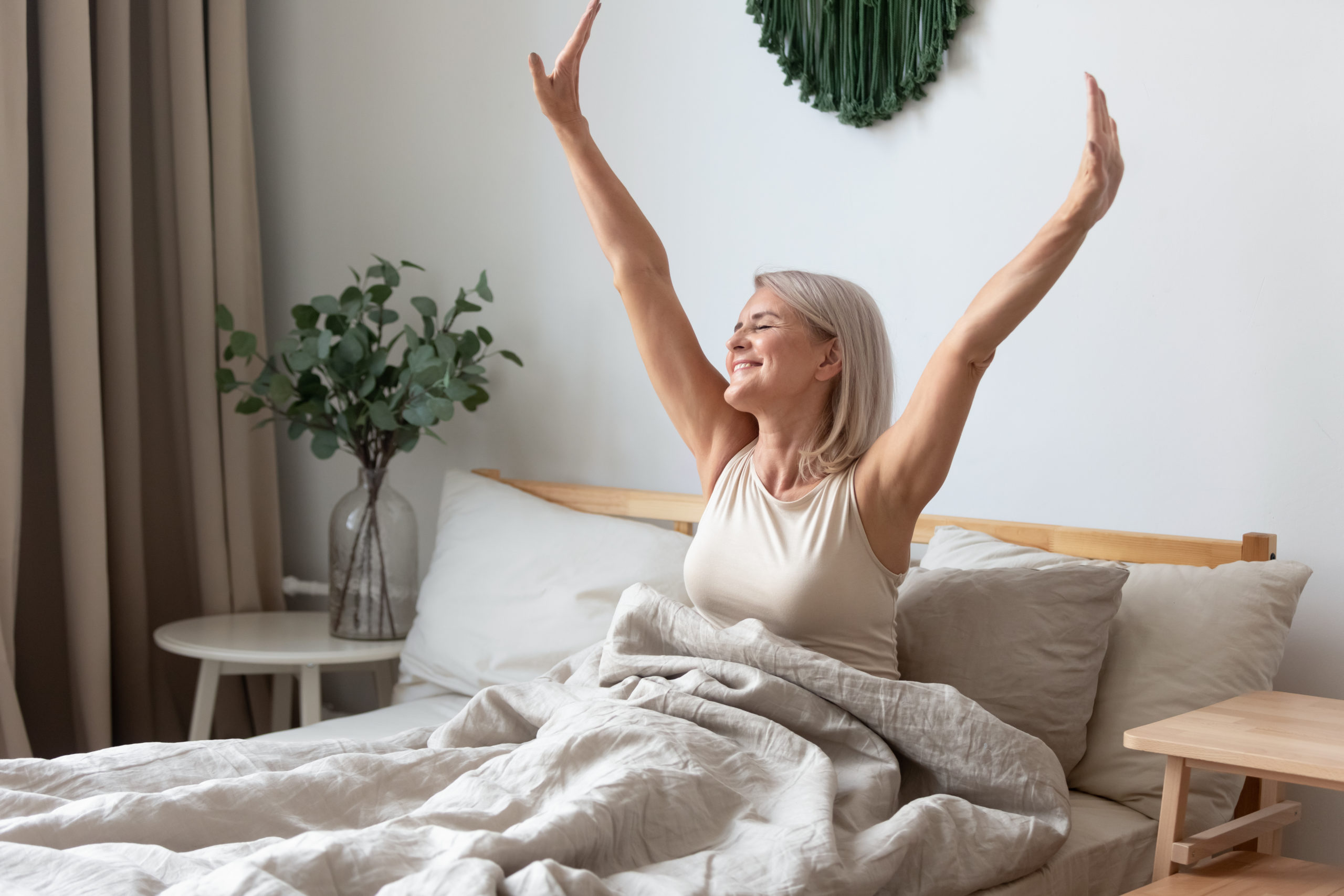
Millions of people suffer from insomnia and other sleep-related problems each year. While there are many medications available to help people sleep, some people prefer
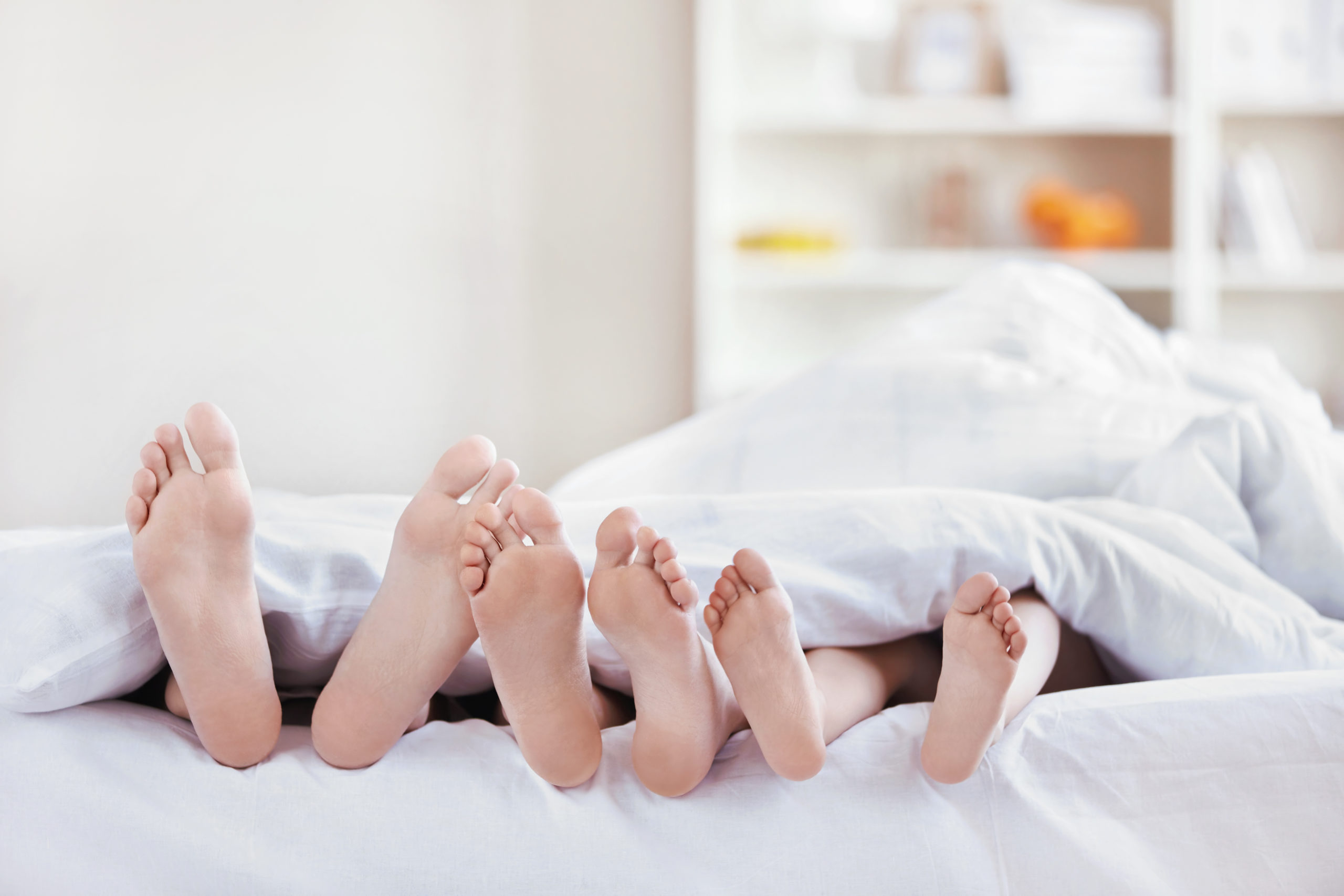
Good sleep is essential to a healthy life. In fact, we spend about one-third of our lives sleeping, so if you’re getting to little or


